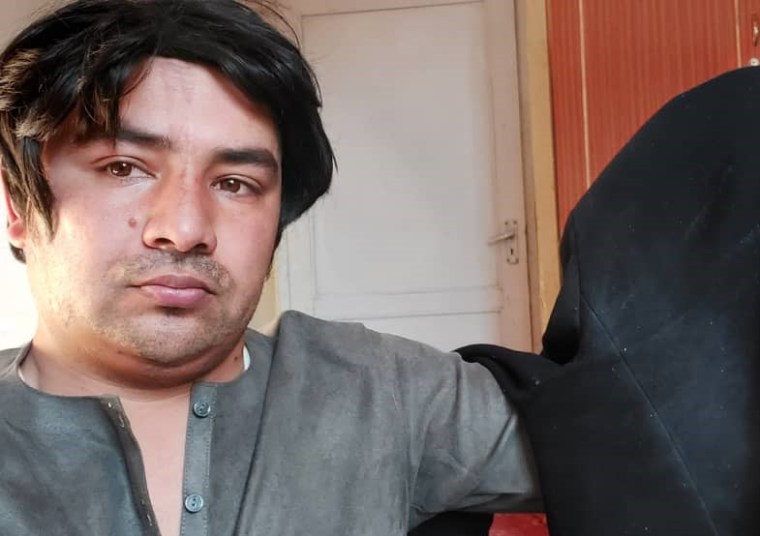New York, February 3, 2022 — The Taliban must immediately investigate the detention and abuse in custody of journalist Abdul Qayum Zahid Samadzai, and hold those responsible to account, the Committee to Protect Journalists said Thursday.
On Tuesday, February 1, a man who identified himself as a member of the Taliban’s Directorate General of Intelligence arrested Samadzai, a reporter with the independent Pakistan-based 92News Media Group, in District 2 of Kabul, the capital, according to Samadzai, who spoke to CPJ in a phone interview and several tweets posted by local advocates and news outlets.
At the DGI’s District 2 office, Taliban intelligence agents interrogated Samadzai, beat him, and held him for about 36 hours before releasing him on bail, he said. Upon release, an agent ordered him to stop reporting until he received permission from the Taliban spokesperson’s office to resume.
“The Taliban must put an end to the arbitrary arrests and beatings of journalists like Zahid Samadzai and hold those responsible for such actions to account,” said Steven Butler, CPJ’s Asia program coordinator, in Washington, D.C. “Taliban intelligence operatives’ harassment of journalists is a grave threat to the remaining free media outlets operating in Afghanistan and needs to end.”
The DGI agent approached Samadzai while he was recording a report on the reopening of public universities, asked for his identity card, and after confirming his details, took him into custody in the agent’s car, where Samadzai was joined by other agents who began questioning him about his work, he said.
While in DGI custody, agents repeatedly interrogated him in freezing rooms, slapped him, accused him of spying for foreign countries, and pressured him to reveal the identities of other journalists who “spy” on the Taliban, according to Samadzai.
The agents checked the contents of his phone, asking about messages he had sent and his posts on social media, he said. Samadzai added that the agents also questioned him about his background, professional life, and contacts with other members of the press, particularly with female journalists, as well as his knowledge of recent protests led by Afghan female activists.
Samadzai told CPJ that he had recently covered talks between a Taliban delegation and Afghan civil society groups, including a woman representing recent protests led by female Afghans.
Ahmadullah Wasiq, a Taliban deputy spokesperson in Afghanistan, did not respond to CPJ’s request for comment sent via messaging app.
